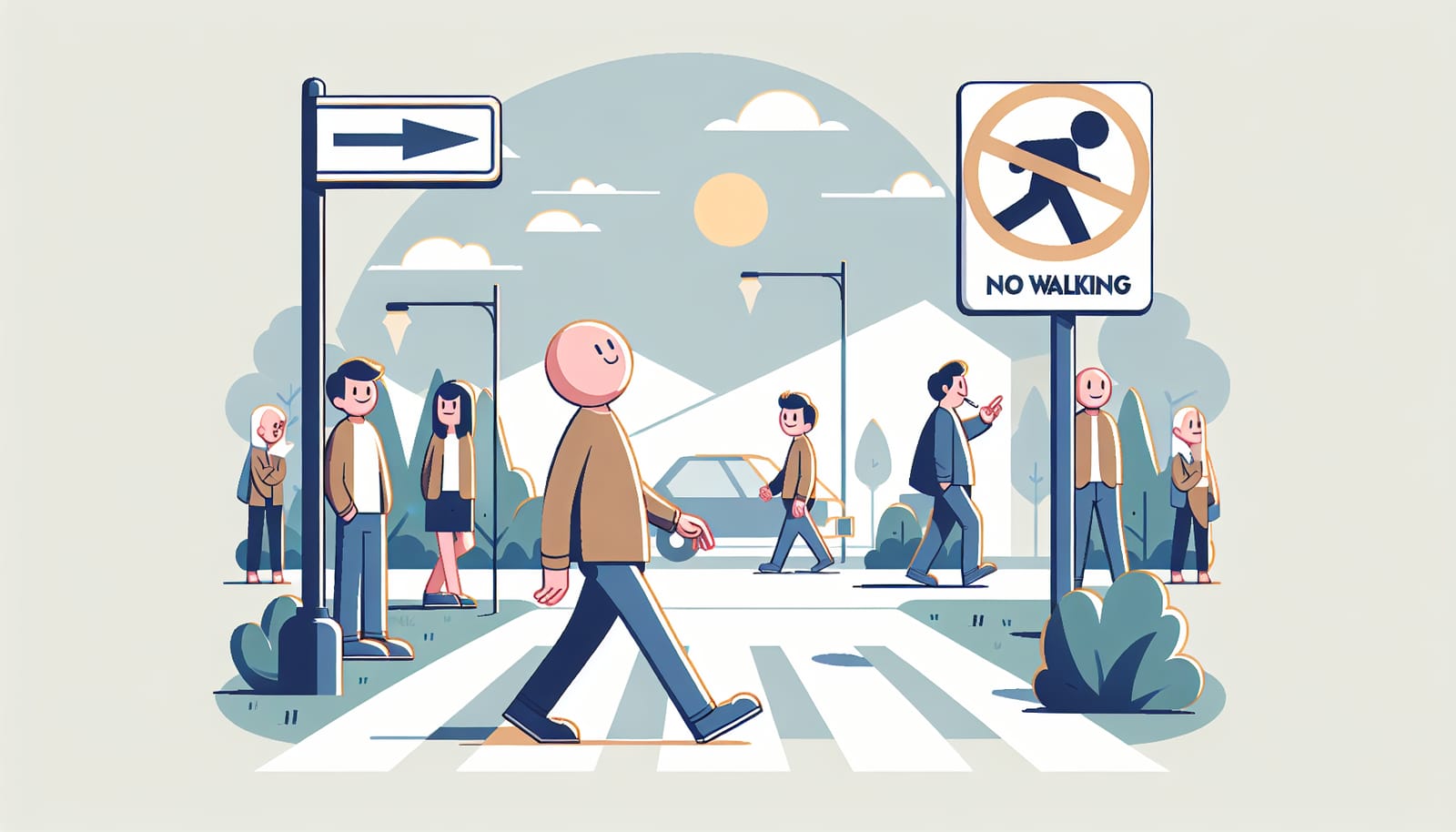-
A state of normlessness or breakdown of social norms in a society, often leading to feelings of alienation and purposelessness.
synonyms:social instabilitynormlessness

The term 'anomie' originates from the French word 'anomie', which was coined by sociologist Émile Durkheim in his work on social cohesion. It is derived from the Greek 'anomia', meaning 'lawlessness' or 'without norms'.
Anomie is primarily used in sociological contexts to describe social phenomena, but it can also appear in discussions about psychology and philosophy.
While 'anomie' is a relevant term in academic and sociological discussions, it is less commonly used in everyday conversation.
The rapid changes in society often lead to a sense of anomie among individuals who feel disconnected from traditional values.
The study highlighted the effects of anomie on youth, particularly in urban areas where social norms have shifted dramatically.
Sociologists argue that anomie can result in increased crime rates as individuals struggle to find their place in a rapidly changing world.
Anomie is a fascinating term that encapsulates the feelings of disorientation and alienation that can arise in a society undergoing rapid change. Coined by the French sociologist Émile Durkheim, it reflects the breakdown of social norms that can leave individuals feeling lost. With roots in both French and Greek, this word is a reminder of the importance of social connections and shared values. While it's not a term you'll hear every day, its implications for society are profound and worthy of exploration.